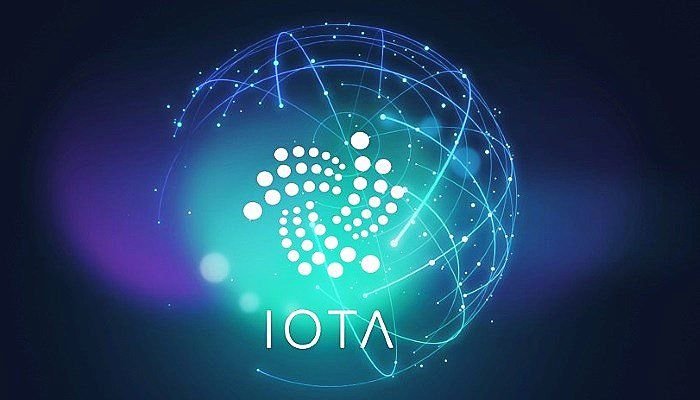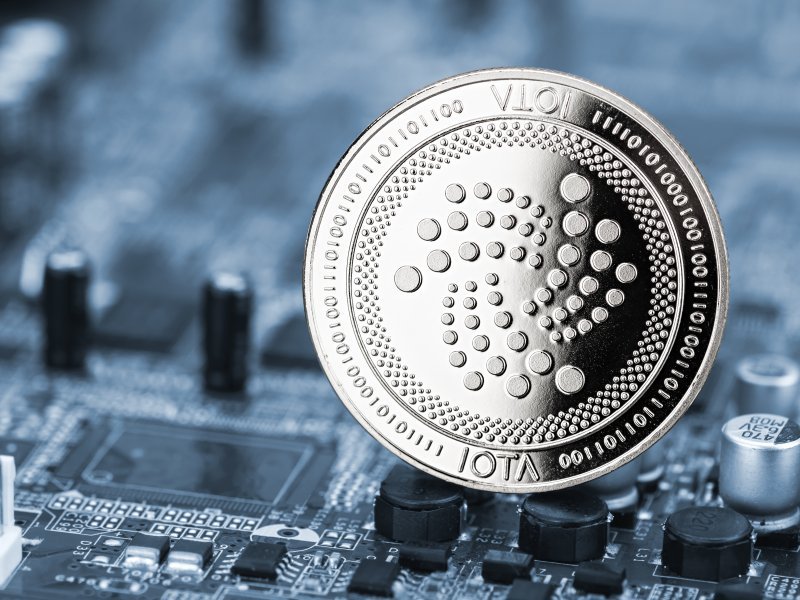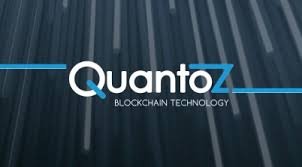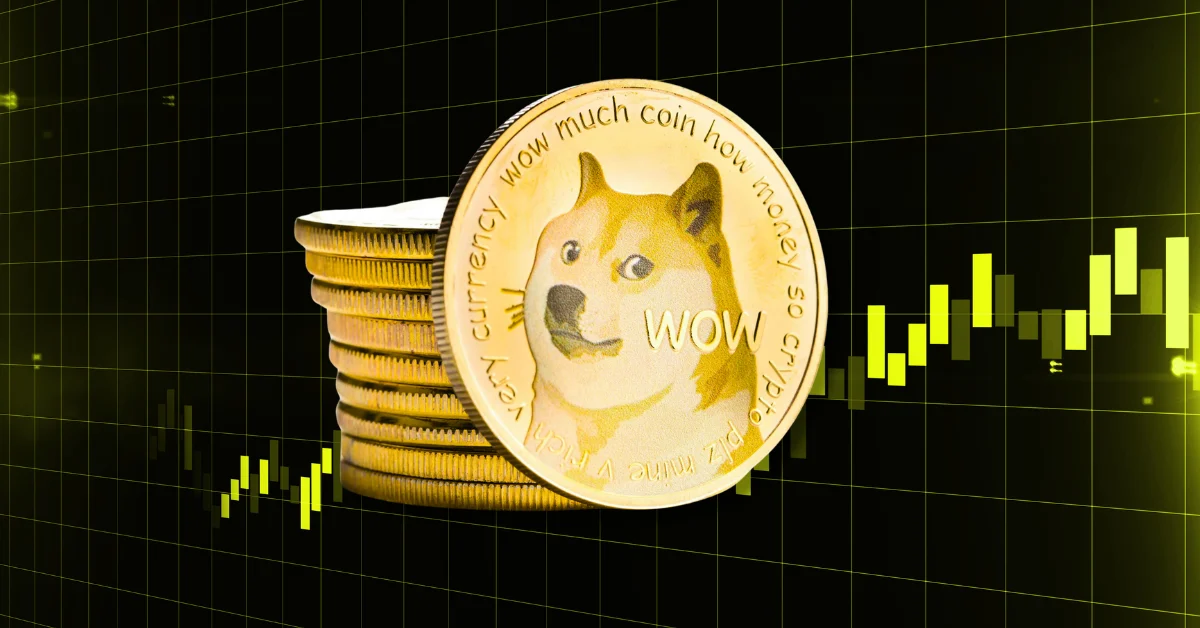IOTA Unveils Rebased Proposal: A New Era with Staking Rewards and Lower Fees
December 3, 2024 | by alwaled

Understanding the IOTA Rebased Proposal
The IOTA Rebased Proposal marks a significant advancement in the project’s evolution, aimed at enhancing functionality and user engagement within the blockchain ecosystem. This initiative centers on introducing staking rewards, a mechanism designed to incentivize users by allowing them to earn rewards for holding IOTA tokens. By integrating staking capabilities, IOTA is aligning itself with emerging trends in the cryptocurrency market that emphasize participation and long-term investment strategies. This shift not only broadens the appeal of IOTA but also encourages a more active user base that can contribute to network security and decentralization.
Another crucial aspect of the Rebased Proposal is the reduction of transaction fees. The current fee structure has been a barrier for some users, particularly in micropayment scenarios, which IOTA was originally designed to facilitate. By lowering transaction costs, IOTA aims to promote microtransactions and make the platform more accessible for everyday use. This is particularly important as the blockchain landscape evolves and competition intensifies. Lower fees would position IOTA as a preferable option for users, especially those seeking efficient and affordable transaction solutions in a variety of applications, from Internet of Things (IoT) interactions to broader financial services.
The rationale behind the rebase initiative extends beyond immediate user benefits. IOTA sees these changes as essential for achieving its long-term vision of sustainability and true decentralization. By incentivizing stakeholders and facilitating lower operating costs, IOTA is prepared to create a more resilient ecosystem that supports innovation and participation. The significance of this proposal lies not only in its immediate financial implications but also in its potential to redefine how users engage with and support the network. The Rebased Proposal articulates IOTA’s commitment to evolving alongside the cryptocurrency landscape while maintaining a steadfast focus on community and technological advancements.

Voting Process and Its Importance
The voting process associated with the IOTA Rebased Proposal is a critical component that underpins the governance of this innovative project. Token holders are required to participate actively in the voting mechanism to influence the decision-making process. It is essential that holders maintain their tokens throughout the entire counting period. This requirement not only maximizes their voting power but also ensures that those who possess a vested interest in the network can voice their opinions effectively. The integrity of the voting process depends on the active engagement of the community, hence emphasizing the importance of holding tokens during this period.
A key aspect of the voting process is the concept of quorum, which refers to the minimum percentage of participation needed for the vote to be deemed valid. Under the IOTA framework, a quorum of 5% of the circulating supply must be achieved for the proposal to move forward successfully. This threshold serves to protect against decisions made by a small, potentially unrepresentative segment of the community. If the quorum is not reached, the implications can be significant, leading to a lack of consensus and possible delays in the implementation of the Rebased Proposal. In such cases, the community will have to reassess its strategies and possibly initiate a revised voting process, thereby promoting transparency in governance.
In these scenarios, it is imperative to maintain a clear communication channel to inform all stakeholders of the next steps. This will ensure that all members of the community remain engaged and informed, reinforcing the principle of collective decision-making. The integrity of this process is vital for the overall success of the IOTA ecosystem, as it allows for a democratic approach in determining the future direction of the network.


Features of the New IOTA Protocol
The newly proposed IOTA Rebased Protocol introduces significant advancements aimed at improving transaction efficiency, enhancing programmability, and promoting decentralization across the network. One of the cornerstone features is the optimized transaction processing system, which is expected to facilitate faster confirmations. This reduction in latency is crucial, particularly as the demand for IOTA’s utilization in various applications continues to grow, making effective transaction management a priority for the protocol’s overall performance.
Programmability is another essential feature enhanced in the Rebased Protocol. With the introduction of new smart contract capabilities, developers will enjoy increased flexibility in crafting applications tailored to various use cases. This upgrade allows for more intricate decentralized applications (dApps) to be developed on the IOTA platform, encouraging innovation and fostering a vibrant developer community. The ease of programming is designed to attract more projects to the IOTA ecosystem, which could lead to increased adoption of the technology.
Further enhancing the network’s engagement metrics is the introduction of staking rewards. By allowing token holders to stake their IOTA tokens, users can earn rewards, incentivizing participation in the network’s operations and governance. This staking mechanism not only promotes a more significant user involvement but also strengthens the token economy by potentially reducing the liquid supply in circulation. Moreover, the adjustments to the fee structure of transactions can lead to lower costs for users. Lower fees appeal to a broader audience, encouraging more frequent transactions and fostering healthy market activity.
Ultimately, the combination of these features positions the IOTA Rebased Protocol as a robust, attractive option for both users and developers. Enhanced transaction processing capabilities, programmability, and an incentivized economic model signal a substantial move towards establishing a more decentralized and efficient ecosystem.
Looking Ahead: IOTA’s Vision for the Future
IOTA is positioning itself for a transformative future by capitalizing on its decade-long experience working alongside enterprises, governments, and regulators. The recent unveiling of the rebased proposal represents a pivotal moment in IOTA’s evolution, as it seeks to enhance its protocol while cultivating a sustainable ecosystem for its stakeholders. This strategic vision involves a greater focus on community-centric developments, ensuring the platform remains adaptive to the rapidly changing technological landscape.
The adoption of staking rewards presents an opportunity to empower IOTA holders, encouraging active participation in the ecosystem. By implementing lower fees for transactions, IOTA aims to enhance user experience, making it easier and more cost-effective for a diverse range of stakeholders to engage with the network. This approach aligns with IOTA’s commitment to building an accessible and robust platform that meets the needs of both individual users and large organizations alike.
Looking ahead, IOTA’s strategic roadmap emphasizes innovation through collaborative partnerships. The organization plans to leverage its established relationships within the industry to drive adoption and create synergies that promote sustainable growth. Moreover, by engaging with regulatory bodies, IOTA aims to navigate compliance challenges effectively, fostering an environment conducive to broader acceptance and integration of its technology in various sectors.
Future developments will likely focus on enhancing interoperability with other blockchain networks, as well as expanding use cases for IOTA’s technology. By facilitating seamless connections between different platforms, IOTA can position itself as a bridge within the emerging digital economy. As the IOTA community looks forward to these innovations, there remains a collective expectation for the project to uphold its mission of enabling a decentralized, secure, and value-driven ecosystem.
RELATED POSTS
View all


